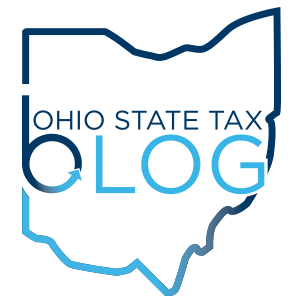Ohio Sales and Use Tax – Proper Use of Exemption Certificates by Construction Contractors
Depending on the nature of the project, contractors may claim an Ohio sales / use tax exemption on material purchases using several different exemption certificates. If installing a business fixture (i.e., permanent attachment to real property that primarily benefits the specific business operated on the premises), the contractor, acting as a retail vendor in this situation, can claim the resale exemption by providing suppliers with a standard exemption certificate when purchasing materials that will be transferred to the customer. The contractor may use a blanket exemption certificate, which covers all purchases from that vendor unless specified otherwise, or a unit exemption certificate, which only covers a single purchase. Assuming the contractor will make future taxable purchases from the supplier of materials to be incorporated into real property improvements, a unit exemption certificate is likely more appropriate. Alternatively, contractors can also use the multi-state Certificate of Exemption adopted by the Streamline Sales and Use Tax Governing Board. To be valid, any exemption certificate must contain the information set forth in O.A.C. § 5703-9-03(G).
When installing a business fixture, the contractor must collect sales tax from its customer unless an exemption is available. If claiming an exemption on its sale, such as when the customer is a government agency or charitable organization, or the property will be used directly in manufacturing, the contractor should obtain one of the aforementioned exemption certificates from its customer to evidence the exempt nature of the transaction.
On the other hand, contractors may purchase materials exempt from Ohio sales and use tax based upon an exempt real property improvement. These include construction contracts whereby building materials are incorporated into real property under a contract with a government agency, or into a horticulture or livestock structure, a house of public worship or a hospital, among others. O.A.C. § 5703-9-14(D)(1). To properly claim the exemption in these cases, the contractor should obtain a Sales and Use Tax Construction Exemption Certificate (Form STEC CC) from the property owner or general contractor, and then issue a Sales and Use Tax Contractor’s Exemption Certificate (Form STEC CO) to its supplier.
Refer to our earlier post for protecting contractors from misclassifying real property improvements.
